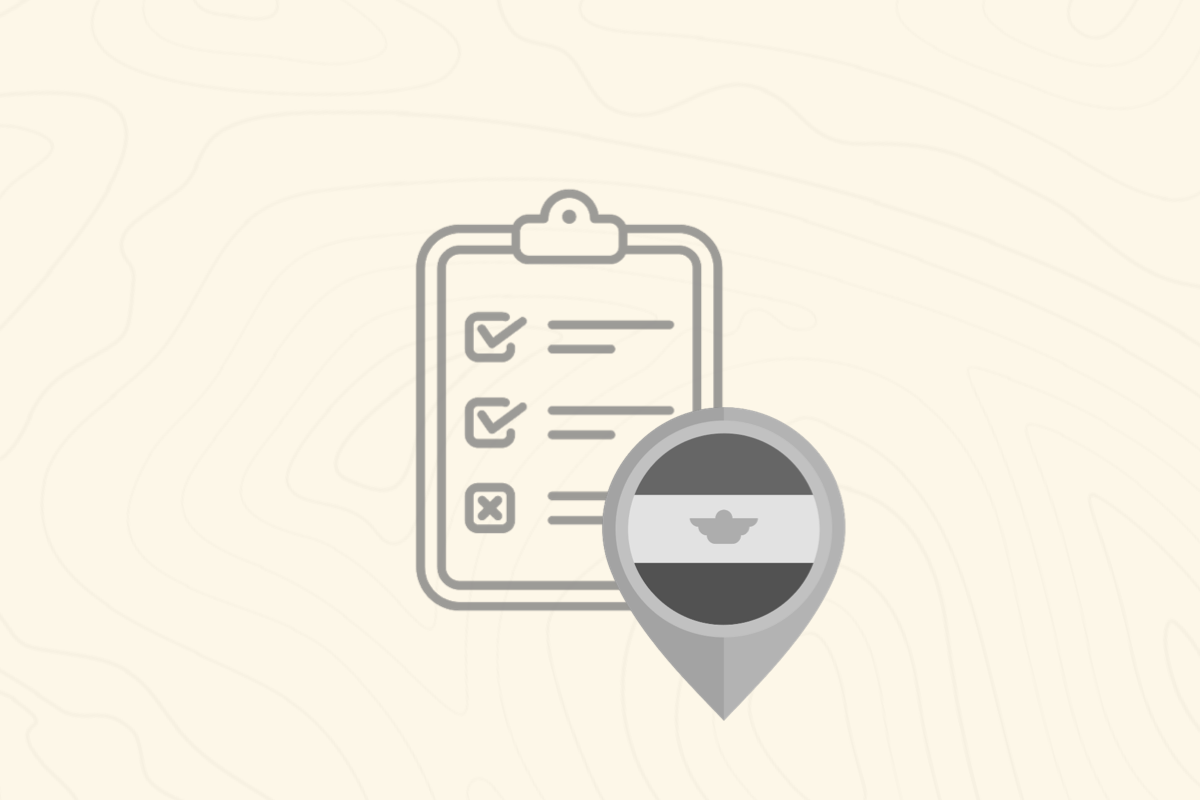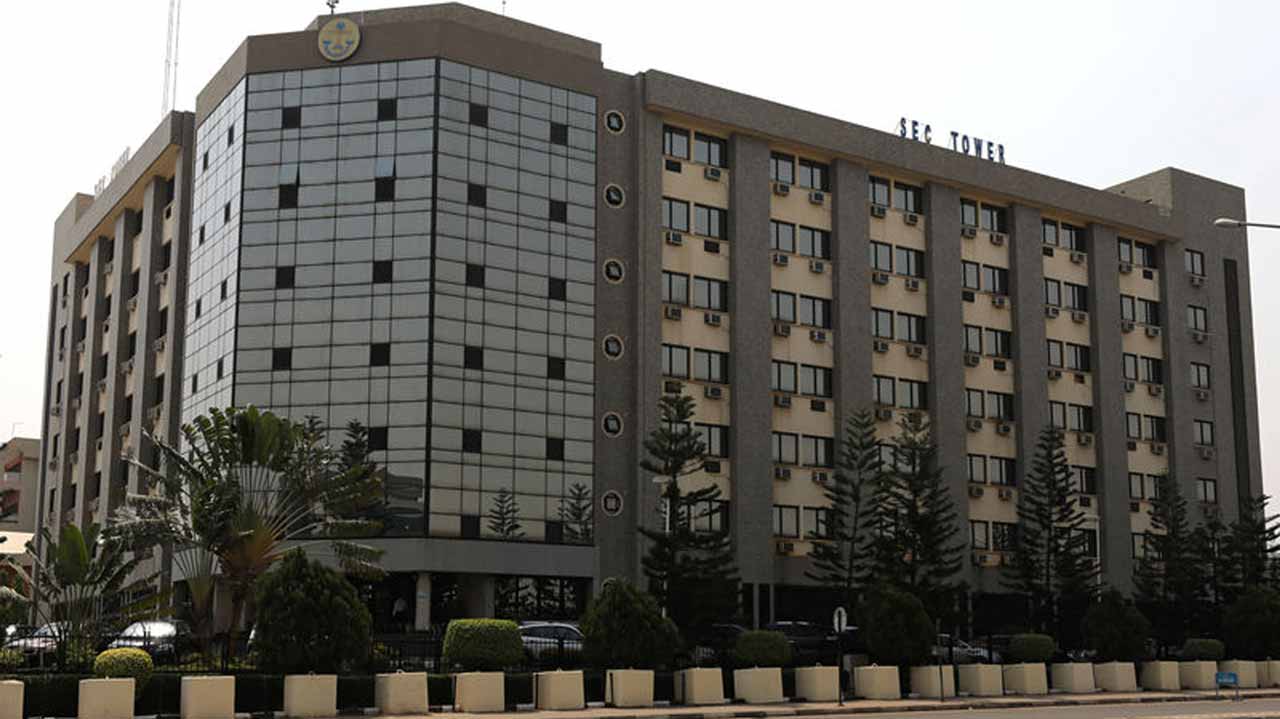Value Added Tax (VAT) is a consumption tax that is ultimately paid by the end consumer of goods and services. It is incorporated into the price paid, and sellers are obliged to include the VAT amount as a separate item on the tax invoice. They collect this amount along with the price of the goods and remit it to the government
All businesses that meet certain thresholds are required to register for VAT and charge VAT on taxable goods and services. In this article, we will explore the process of registering for VAT in Nigeria.
VAT rate: The VAT rate in Nigeria is 7.5%
Eligibility for VAT Registration
To be eligible to register for VAT, your business must meet one of the following requirements:
- Annual turnover of N25 million or more for goods and services.
- Render taxable services such as consultancy, professional services and operate an enterprise with an annual turnover of N25 million.
- Consume goods or services worth N10 million or more per annum in Nigeria in the course of business.
Registration Process for VAT in Nigeria
To register for VAT, you need to fill out a VAT registration form (Form 001) and submit it to the Federal Inland Revenue Service (FIRS) along with the following documents:
For a Business name
- Business name registration certificate.
- Application letter
- Utility bill
For a Limited Liability Company
- Memorandum and Articles of Association
- Certificate of Incorporation
- Application Letter on company letterhead
- Utility Bill
You can submit your application in person at the FIRS office or the state internal revenue office nearest to you. Once the registration is approved, a VAT certificate containing your VAT number will be issued.
Obligations After VAT Registration
Once registered, you need to:
- Charge VAT on taxable supplies and issue VAT invoices.
- Pay VAT due monthly by filing VAT returns and remitting the amount to designated bank accounts.
- Maintain proper VAT records such as purchase/sales records and invoices.
- Display your VAT certificate at your business premises.
- Notify FIRS of any changes in business details within 30 days.
Filing of VAT and Remittance
The filing of VAT returns is a monthly requirement that must be fulfilled with the FIRS. These returns need to be submitted by the 21st day of the month that follows the transaction period. VAT returns should contain comprehensive information about sales, purchases, output VAT, and input VAT. Additionally, payment for the VAT liability should be submitted alongside the filed returns within the designated timeframe.
Failure to comply with the requirements outlined in the VAT Act can lead to the imposition of penalties and interest charges. Therefore, it is crucial for businesses to have a clear understanding of their VAT obligations and ensure that they fulfill them appropriately in order to steer clear of penalties and potential legal repercussions.
VAT Exemptions in Nigeria
The VAT Act lists certain goods and services that are exempt or zero-rated for VAT purposes. Below are the exemptions:
Exempted Goods
- All medical and pharmaceutical products
- Basic food items
- Educational Books and materials
- Baby products
- Fertilizers, locally produced agricultural chemicals and veterinary medicines
- All exports
- Plant and Machinery
- Locally produced sanitary towels, pads or tampons
- Commercial aircrafts, aircraft engines and aircraft spare parts
- Petroleum products – (aviation turbine kerosene, premium motor spirit, household
- kerosene, locally produced Liquefied Petroleum Gas (LPG), and crude petroleum
- oils.
- Renewable energy equipment.
- Raw materials for the production of baby diapers and sanitary towels.
- Raw materials for production of pharmaceutical products
- Locally produced animal feeds.
- Military hardware, arms, ammunition and locally manufactured uniforms used by
- the armed forces, paramilitary and other security agencies of governments in
- Nigeria.
- Gas supplied by gas producing companies to Generating companies (GENCOs),
- Electricity generated by GENCOs and supplied to National Grid or Nigeria Bulk
- Electricity Trading Company (NBET) and Electricity transmitted by
- Transmission Company of Nigeria (TCN) to Electricity Distribution Companies
- (DISCOs).
- Agricultural seeds and seedlings.
Exempted Services
- Medical Services
- Services rendered by unit microfinance banks and mortgage institutions
- Plays and performances conducted by educational institutions as part of learning
- All exported services
- Tuition relating to nursery, primary, secondary and tertiary education
- Airline transportation tickets issued and sold by commercial airlines registered in
- Nigeria
- Hire rental or lease of tractors, ploughs and other agricultural equipment for agricultural Purposes
- Shared passengers road transport service
It is important to note that registration for VAT is free. If you meet the eligibility criteria, then you should register and begin filing as and when due.
If you would like to register a business name or incorporate a company, head over to our website




One thought on “VAT in Nigeria: Everything You Need to Know”